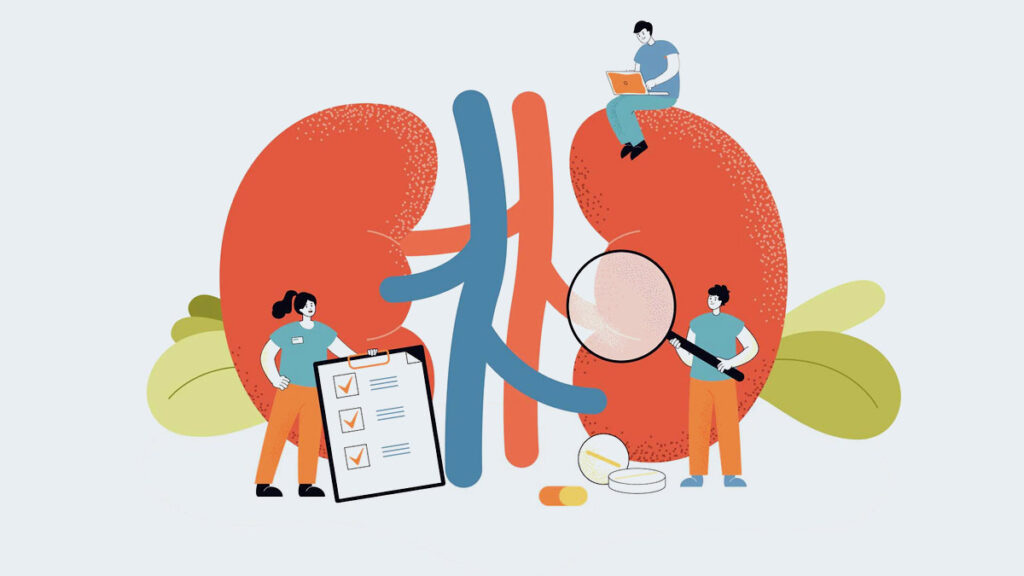
How Chronic Stress Disrupts Digestive Health And Fuels Conditions Like IBS, Acid Reflux And Ulcers
Chronic stress acts like a silent saboteur of the digestive system
The connection between the brain and gut is more profound than once believed. Chronic stress doesn’t just affect mental well-being it can wreak havoc on the digestive system, triggering or worsening gastrointestinal issues like Irritable Bowel Syndrome (IBS), acid reflux (GERD), and stomach ulcers. As stress becomes a near-constant feature of modern life, understanding this gut-brain interaction is key to both prevention and effective management of digestive disorders. Dr Nitin Pai, Gastroenterology and Head of GI Endoscopy, Ruby Hall Clinic and Pune shares all you need to know:
1)The Gut-Brain Axis: A Two-Way Street
The digestive system is closely linked to the brain through the gut-brain axis, a complex communication network involving the central nervous system, enteric nervous system (the “second brain” in your gut), and hormones. When stress activates the brain’s hypothalamic-pituitary-adrenal (HPA) axis, it sends signals that can alter gut motility, increase stomach acid production, suppress protective mucus, and disturb the gut microbiota all of which impact digestion.
IBS: A Functional Disorder Amplified by Stress
IBS is a chronic disorder marked by abdominal pain, bloating, gas, diarrhea, and/or constipation. Although it has no structural cause, stress plays a major role in its development and flare-ups. Stress can make the colon more sensitive and reactive to normal stimuli. It also disrupts the gut microbiome, leading to inflammation and an imbalance that worsens IBS symptoms. Many patients report their symptoms are directly tied to emotional distress, anxiety, or high-pressure periods in life.
2)Acid Reflux: Stress and the Acid Seesaw
Stress doesn’t directly increase stomach acid production, but it alters how your body handles it. Under stress, digestion slows down and the lower esophageal sphincter (which prevents acid from rising into the esophagus) may relax inappropriately. This allows acid to backflow, causing the characteristic burning sensation of GERD (gastroesophageal reflux disease). Stress can also heighten perception of pain, making mild reflux feel more severe.
3)Ulcers: The Stress-Bacteria Connection
For years, ulcers were considered a “stress disease,” until Helicobacter pylori was discovered as a primary bacterial cause. Yet, chronic stress still plays a critical role. Stress can reduce blood flow to the stomach lining, diminish mucus production, and impair immune response making it easier for Helicobacter pylori (H. pylori) to thrive or NSAIDs to cause damage. In essence, stress doesn’t cause ulcers alone but sets the stage for them by weakening the body’s natural defenses.
Beyond the Physical: Behavior and Lifestyle Impact
Stress also affects digestion indirectly through behavior. People under chronic stress may skip meals, overeat, consume more caffeine or alcohol, smoke, or sleep poorly—all of which worsen digestive issues. Emotional distress can also discourage individuals from seeking medical care or adhering to prescribed treatment regimens.
4)Managing Stress for Gut Health
- Addressing stress is crucial to improving digestive health:
- Mind-body practices like meditation, yoga, and deep breathing can regulate the gut-brain axis.
Ulcers: The Stress-Bacteria Connection
For years, ulcers were considered a “stress disease,” until Helicobacter pylori was discovered as a primary bacterial cause. Yet, chronic stress still plays a critical role. Stress can reduce blood flow to the stomach lining, diminish mucus production, and impair immune response making it easier for Helicobacter pylori (H. pylori) to thrive or NSAIDs to cause damage. In essence, stress doesn’t cause ulcers alone but sets the stage for them by weakening the body’s natural defenses.
Beyond the Physical: Behavior and Lifestyle Impact
Stress also affects digestion indirectly through behavior. People under chronic stress may skip meals, overeat, consume more caffeine or alcohol, smoke, or sleep poorly—all of which worsen digestive issues. Emotional distress can also discourage individuals from seeking medical care or adhering to prescribed treatment regimens.
5)Managing Stress for Gut Health - Addressing stress is crucial to improving digestive health :
- Mind-body practices like meditation, yoga, and deep breathing can regulate the gut-brain axis.
- Cognitive-behavioral therapy (CBT) has been shown to significantly reduce IBS symptoms.
Dietary changes, regular exercise, and adequate sleep support both stress reduction and gut function.
Chronic stress acts like a silent saboteur of the digestive system. While not always the root cause, it amplifies and accelerates gut dysfunction especially in conditions like IBS, GERD, and ulcers. Taking steps to manage stress is not just good for your mind, but also essential for a healthy gut.











Leave a Reply